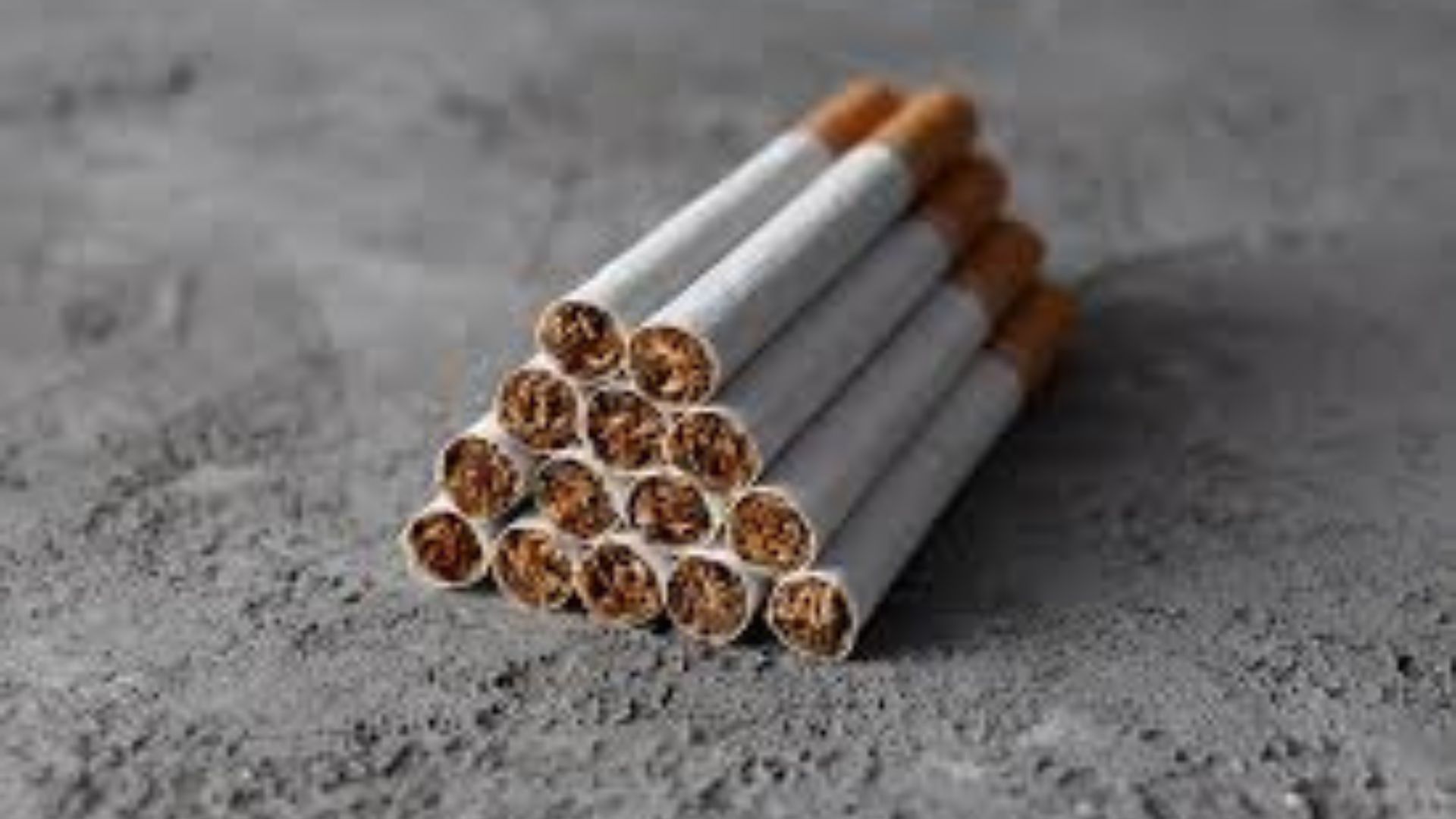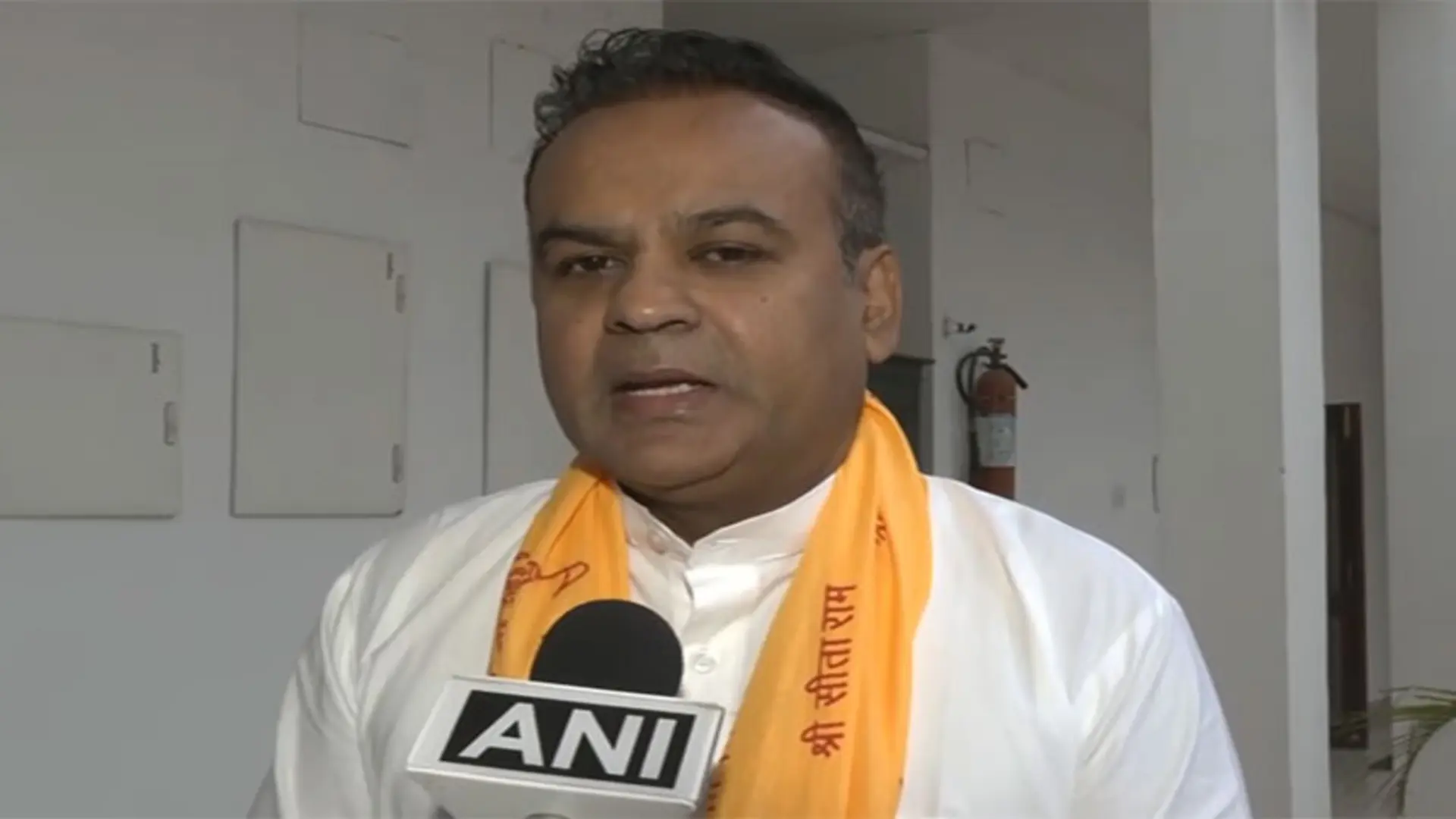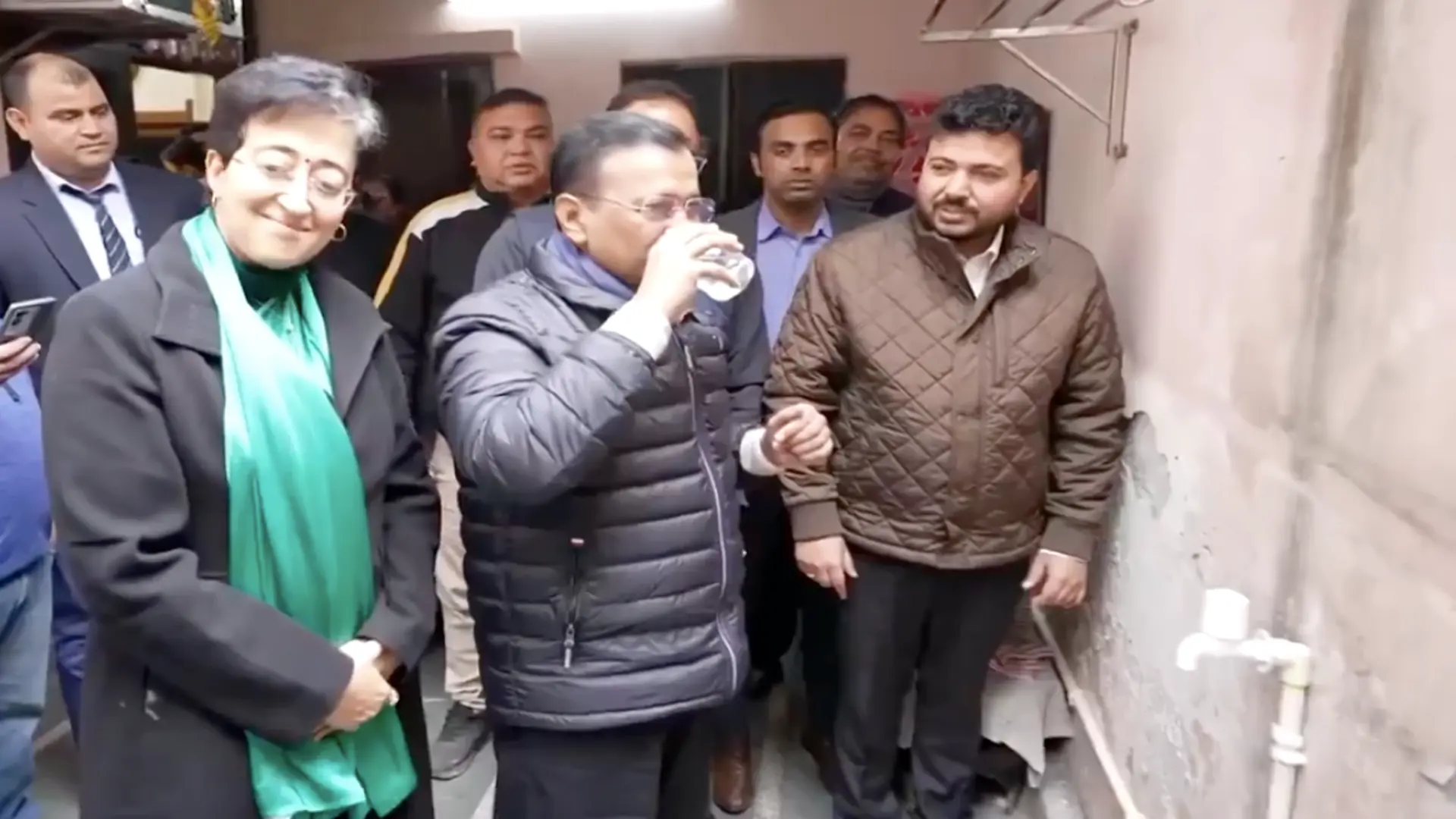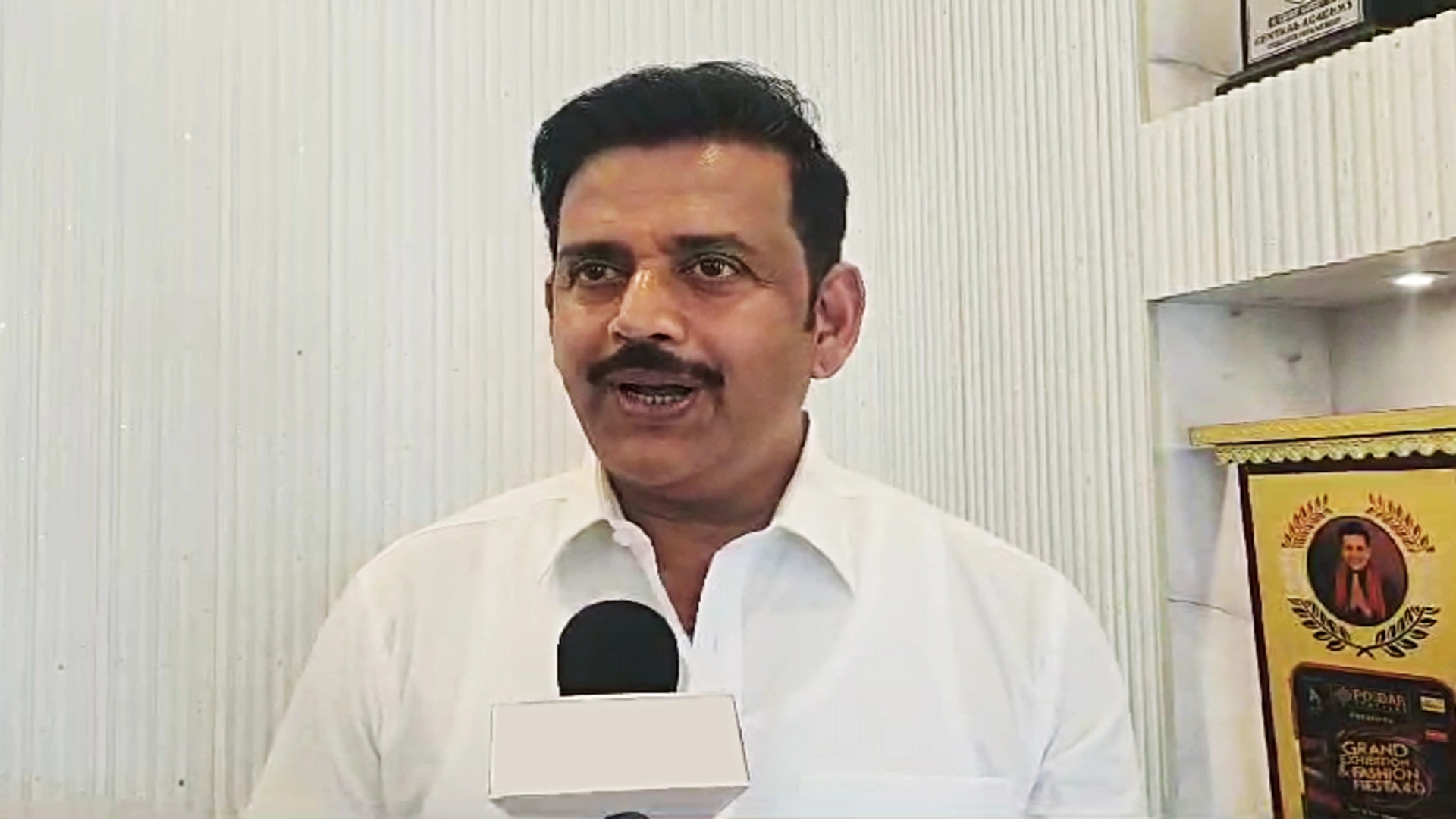As the GST Council prepares for a crucial meeting on tax rationalization, health and economic experts are advocating for a higher ‘Sin Tax’ on tobacco and other harmful products. This call comes in light of a recent recommendation by the Group of Ministers (GoM) to increase the tax slab on tobacco products from the current 28% to 35%.
During a webinar organized by the citizens’ initiative ‘Tobacco Free India,’ experts emphasized that raising taxes on tobacco would not only save lives but also strengthen the economy and contribute to the vision of a healthy and developed India. They argued that increased taxation would help curb tobacco consumption and provide funding for preventive healthcare initiatives.
“Tobacco-related diseases place an unsustainable burden on India’s health system. Tax hikes have proven globally effective in reducing tobacco consumption,” stated Dr. Alok Thakar, Head of the National Cancer Institute and Professor at AIIMS, New Delhi. He urged that all tobacco products should be included under a stronger tax net to prevent users from switching to cheaper, harmful alternatives.
The GST Council, chaired by Bihar Deputy Chief Minister Samrat Chaudhary, is set to meet on December 21 to discuss the GoM’s proposals, which include introducing a new 35% slab for Sin Goods like tobacco and aerated drinks, while also considering reductions in GST rates on essential goods such as notebooks, bottled water, and bicycles.
Experts believe that the increased revenue from Sin Goods could help offset these rate cuts, providing relief to citizens while advancing public health objectives. Dr. Arvind Mohan, a Professor of Health Economics at the University of Lucknow, linked tobacco taxation to India’s aspiration to become a developed nation, stating, “Tobacco use compromises our greatest asset—human capital.”
He noted that for the past decade, tax burdens on tobacco products have declined in real terms, falling short of global benchmarks. “Reversing this trend through the Sin Tax will send a strong signal about prioritizing public health,” he added.
Dr. Prashant Kumar Singh, a scientist at ICMR’s National Institute of Cancer Prevention and Research, highlighted the urgent need for intervention, citing that tobacco-related diseases caused 2.6 million deaths in India between 2019 and 2021. He stressed that increased taxes are not merely a revenue tool but a critical measure to discourage harmful consumption.
Providing a fiscal analysis, Dr. Pritam Datta, a Fellow at the National Institute of Public Finance and Policy, warned that India’s current tax rates on tobacco lag behind global standards. “The WHO recommends that tobacco taxes should constitute at least 75% of the retail price. In India, however, taxes currently account for just 57.6% for cigarettes and as low as 22% for machine-made bidi,” he explained.
With the Compensation Cess set to end in March 2026, Dr. Datta emphasized the need for urgent action. “If effective tax measures are not implemented, India risks further declining tax rates on tobacco. Aligning with WHO standards will ensure strong compliance, reduced consumption, and better health outcomes,” he concluded.













